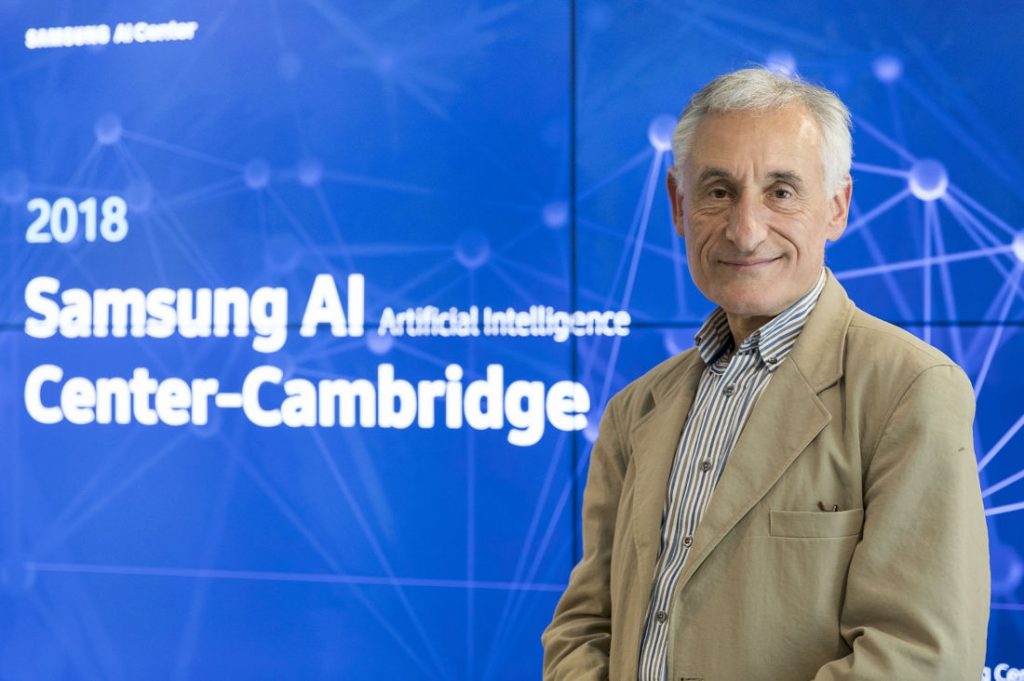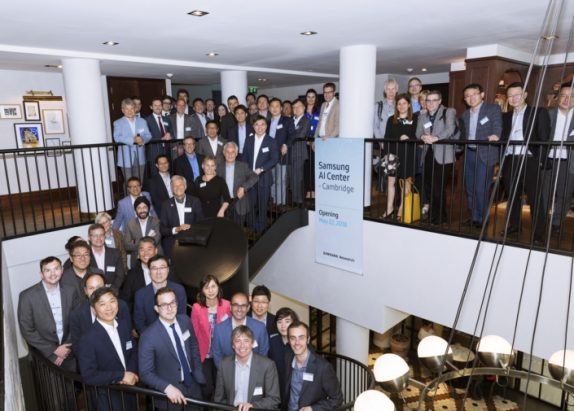
Samsung Research today has announced that it is establishing three new artificial intelligence (AI) Centers in Cambridge, the U.K. on May 22nd, Toronto, Canada May 24th and Moscow, Russia on May 29th to strengthen the company’s AI capabilities and explore the potential of user-centric AI.

With the three new artificial intelligence (AI) Centers, the total count brings to five including the AI Centers in Seoul last that was established in November and in Silicon Valley that was started in January. Furthermore, Samsung Research plans to expand its number of advanced AI researchers to a total of about 1,000 globally by 2020. The new artificial intelligence (AI) Center-Cambridge will be lead by Andrew Blake.
Andrew Blake previously played a role as a Director of Microsoft’s Cambridge Laboratory, and a pioneer in the development of the theory and algorithms. Samsung will also get support from experts in the field including Professor Maja Pantić Imperial College, Samsung AI Center-Cambridge will play a pivotal role in advanced AI research for Samsung Research. Samsung AI Center-Toronto will be led by Dr. Larry Heck, Senior Vice President of Samsung Research America (SRA), while the AI Center-Moscow is expected to capitalize on Russia’s expertise in mathematics, physics, and other fundamental sciences.
Hyun-suk Kim, President and Head of Samsung Research at the opening ceremony of the new AI Center in Cambridge said:
Samsung has a long history of pursuing innovation and we are excited to be bringing that same passion and technology leadership to AI. With the new AI Centers and recruitment of leading experts in the field, our aim is to be a game changer for the AI industry.
Andrew Blake, Samsung AI Center-Cambridge lead said:
This new Center signifies our commitment to the advancement of AI. Our research will help us to better understand human behavior while exploring areas like emotion recognition, and further expand the boundaries of user-centric communication to develop AI technologies that ultimately improve people’s lives.
